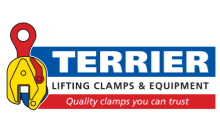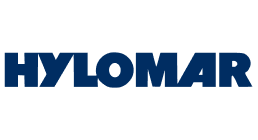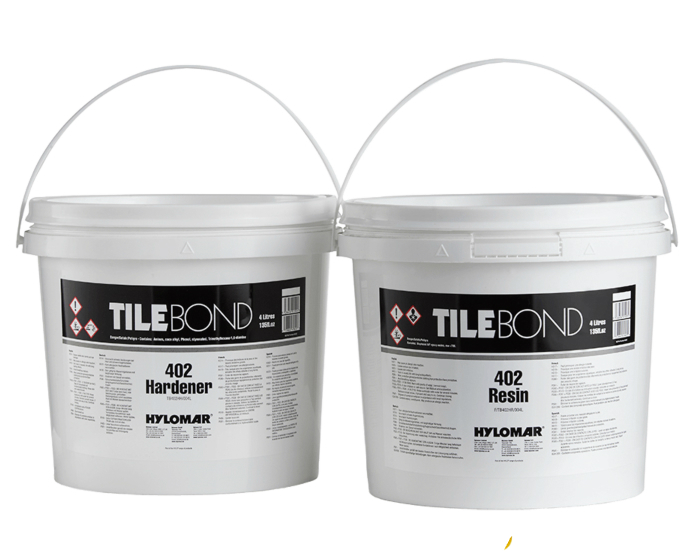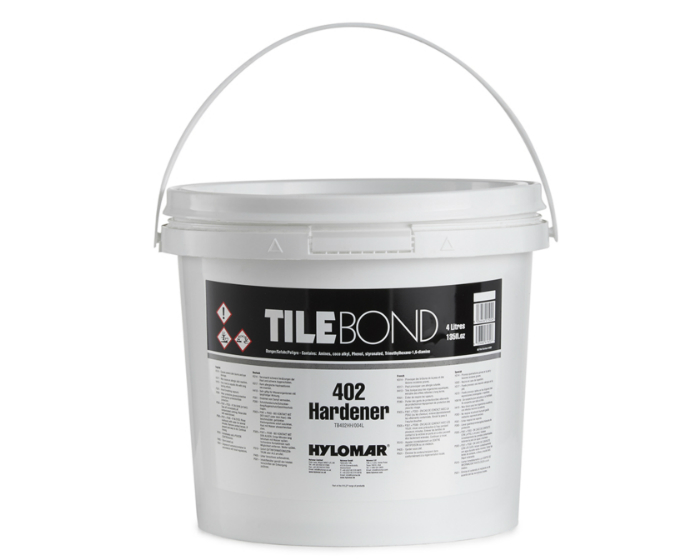| Сountry of origin | Great Britain |
|---|---|
| Brand | Hylomar |
| Use | Flexible, heat resistant epoxy adhesive for permanently bonding surfaces subject to impact, vibration and deflection |
| Product Sizes | 1 and 8 litre tins |
| Temperature range | 150°C (3020F) Continuous (occasional excursions to 180°C (356°F) permissible for periods of up to 24hours) |
Tilebond is a flexible, heat resistant epoxy adhesive for permanently bonding surfaces subject to impact, vibration and deflection.
High Degree of Flexibility: Impacts and vibration are absorbed and dissipated along the bond line. This means the adhesive and tiles won't crack or be dislodged. Toughness & Resilience: The adhesive will recover to its normal state after shock loading and forced deformation. High Temperature Exposure: Exposure to temperatures up to 1500C (3020F) increases the adhesives flexibility unlike conventional epoxy adhesives which become more rigid. Adhesion: An adhesion promoter increases the bond strength to a variety of substrates.
Tilebond has proven to be highly successful in bonding fusion cast high alumina ceramic tiles for protection against the abrasive effects of transporting fuel, coal and shale. It has proven track record in both coal preparation plants and coal fired power stations.
Instructions for use
Steel or concrete surfaces may need to be mechanically abraded and/or degreased to achieve a clean sound substrate, free from loose rust, laitance, dust etc. Sandblasting, grinding and wire brushing are acceptable methods of abrasive cleaning. New concrete surfaces should be first allowed to cure for up to 14-28 days depending on ambient conditions. Tilebond may be applied to steel or concrete which has a sound protective coating. A light grit-blast or emery paper treatment should then provide an adequate mechanical key, but an adhesion test is always recommended.
Typical Physical Properties
|
Brookfield RVT Viscosity (Spindle No.7/2.5 rpm) (BS 5350: Part B8) |
Max, Service Temperature |
Mechanical Properties |
Impact Strength (ASTM D950-82) |
Vibrational Fatigue Strength (ASTM D3166-73 (79) |
Lap Shear Strength (BS5350, Part C5) |
Lap Shear Strength (Heat Cured, 1 hr 120°C/248°F) (BS5350, Part C5) |
|---|---|---|---|---|---|---|
| 2000 poise, 20°C (68°F) | 150°C (3020F) Continuous (occasional excursions to 180°C (356°F) permissible for periods of up to 24hrs). | Typical Values at 20°C (68°F) | 17.3 kJ/m2 | 6.0 N/mm2 at 107 cycles | 8.5 N/mm2 (1230 psi), 18h 9.0 N/mm2 (1300 psi), 24h 12.5 N/mm2 (1810 psi), 5d | 6.2 N/mm2 (900 psi) |
| Lap Shear Strength after 14 days continuous heat soaking at 150°C(302°F) (BS5350, Part C5) | Torque Adhesion Strength (CEGB Midland Region Spec SM 85/2926) |
Torque Adhesion Strength after continuous heat soaking at 125°C (257°F) (CEGB Midland Region Spec SM 85/2926) |
Tensile Strength (BS2782, 3200C) |
Elongation at break (BS2782, 3200C) |
Elastic Modulus (BS 2782, 3200C) |
Flexural strength (BS 2782, 32°C |
Compression Yield Strength (BS2782, 345A) |
|---|---|---|---|---|---|---|---|
| 6.0 N/mm2 (870 psi) | 57 Nm (42.5 Ibf.ft), 24h 74 Nm (55.0 Ibf.ft), 5 d | 52 Nm (38.5 1bf.ft) | 15.0 N/mm2 (2170 psi) | 8% | 1350 N/mm2 | 22.0 N/mm2 (3190 psi) | 21.5 N/mm2 (3120 psi) |












